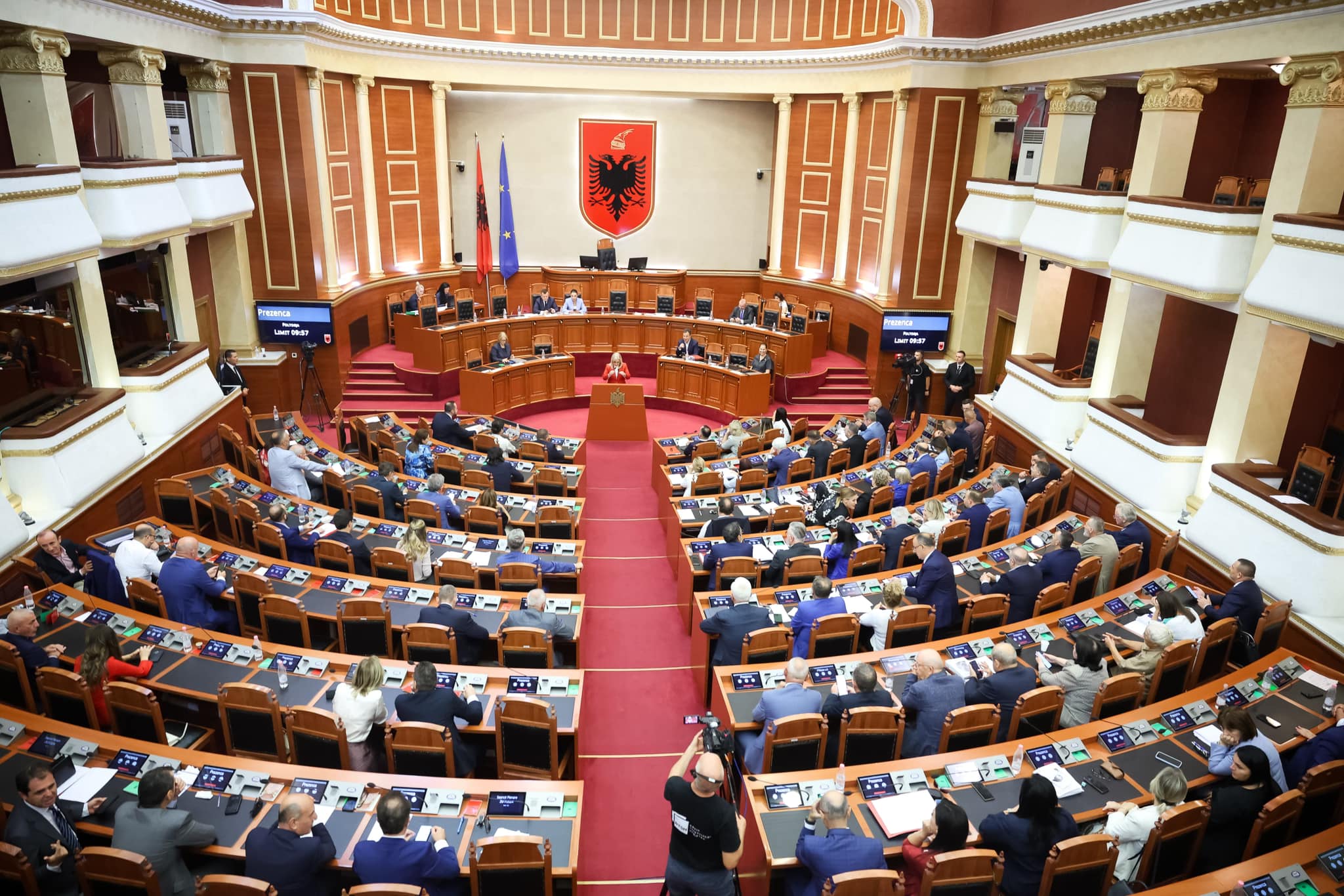Albanian Parliament approves Electoral Code changes to allow external voting for Diaspora

The Albanian Parliament approved significant amendments to the electoral code with a decisive vote of 106 in favor and 2 against. The landmark amendments open the door for Albanian citizens residing abroad to participate in future elections.
Why is this relevant
Starting with the 2025 elections, any Albanian citizen who resides outside the country for reasons such as work, service, or other long-term stays will be eligible to vote. These overseas voters will be registered on a special list managed by the Central Election Commission (CEC) in collaboration with the General Directorate of Civil Status.
To register, voters will need to provide documentation proving their identity and their current address abroad. This registration process will be facilitated through a dedicated electronic platform developed by the CEC, which will integrate with the existing system of the General Directorate of Civil Status. This platform will ensure the integrity of data and allow for real-time auditing before and after the elections.
Overseas voters will have ample time to register and will be removed from the voter list in their last place of residence in Albania to prevent duplication. The voter lists will remain publicly accessible for scrutiny by interested parties.
The CEC will prepare and mail all necessary voting materials, including guides and ballots, to voters. Voting from abroad will be considered open, with completed ballots sent to the CEC and received within Albania’s borders no later than the official closing time on election day.
Votes cast by overseas Albanians will be counted in their last place of residence in Albania and will be tallied by the CEC along with the votes from respective districts.
What else is new
In addition to the diaspora voting changes, the parliamentary vote also introduced a second significant legal modification to the Electoral Code concerning candidate lists.
The updated code stipulates that candidate lists must now include a closed list, not exceeding one-third of the total, with candidates listed as per the party leader’s preference and voted on collectively under the party’s logo. The remaining two-thirds of the list will be an open list, which allows voters to select from individual candidates.
This new formula also enforces gender quotas. Specifically, one in three candidates on the closed list must be female, and one in every three winning candidates on the open list, chosen through preferential voting, must also be female.


